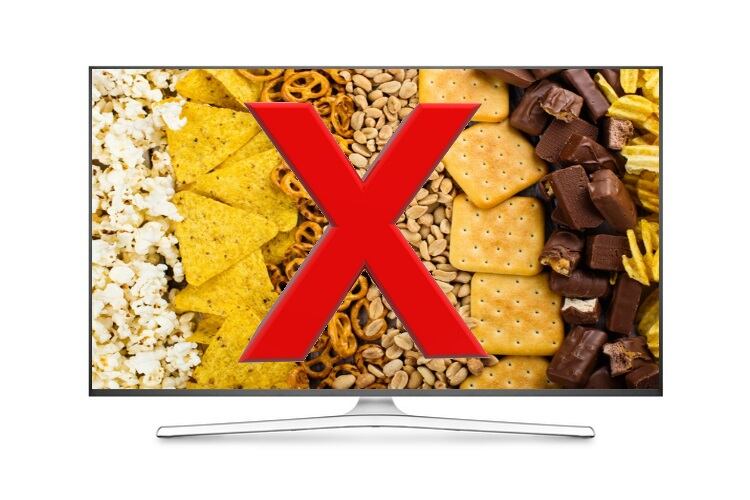A Food Standards Scotland’s (FSS) study of the nation’s snacking behaviour between January and July 2020 revealed an increased penchant for snacks, especially those that are higher in calories and carbs.
The agency’s Covid-19 tracker found that in May, 44% of Scots reported snacking on cakes, biscuits, confectionery and savoury snacks more often than before lockdown.
The home baking craze, too, was as popular in the north of England as it was in other areas, and purchases of ingredients like baking mixes, syrup, treacle and dried fruits and nuts was higher per week in 2020 compared with the year prior, peaking at a whopping 90% higher in March.
The first step
According to OAS, these findings align with data from the Scottish Health Survey 2020, which found a significant number of adults said they had piled on the pounds during the pandemic, compounding an already worrying situation.
“The increase in consumption of discretionary foods is concerning. Even before the pandemic the Scottish diet was poor and was driving the high rates of overweight and obesity we see in Scotland,” said Lorraine Tulloch, OAS’ programme lead.
“All of this is clear evidence of the power that the environment has over people’s diet.
“The lesson here is simple: [the] food environment needs to be changed to improve national diet and diet-related health. We call for a stop to the incessant marketing and promotions of unhealthy food as the first step towards a healthier Scotland.”
‘We all deserve an occasional treat’
FSS chief executive Geoff Ogle, added: “Scotland’s battle with overweight and obesity has been brought into sharp focus by the pandemic, as poor diet is a contributory factor to increased risk of poorer health outcomes from Covid-19. This is in addition to the well-established links between poor diet, obesity and coronary heart disease, Type 2 diabetes, stroke and some cancers.”
He added the increase in veggie purchases was encouraging, with 40% of respondents cooking from scratch more often, while 29% claimed to have upped their veggie intake in a mission to eat healthier.
“We need both government and industry to build on these encouraging findings,” said Ogle, conceding that “we all deserve an occasional treat … especially now.”
A government spokesperson said that while tackling obesity remained a public health priority, it needs more data on consumer behaviour both in and out of the home from later in the year before considering the introduction of legislation to restrict promotions of foods high in fat, sugar or salt.




